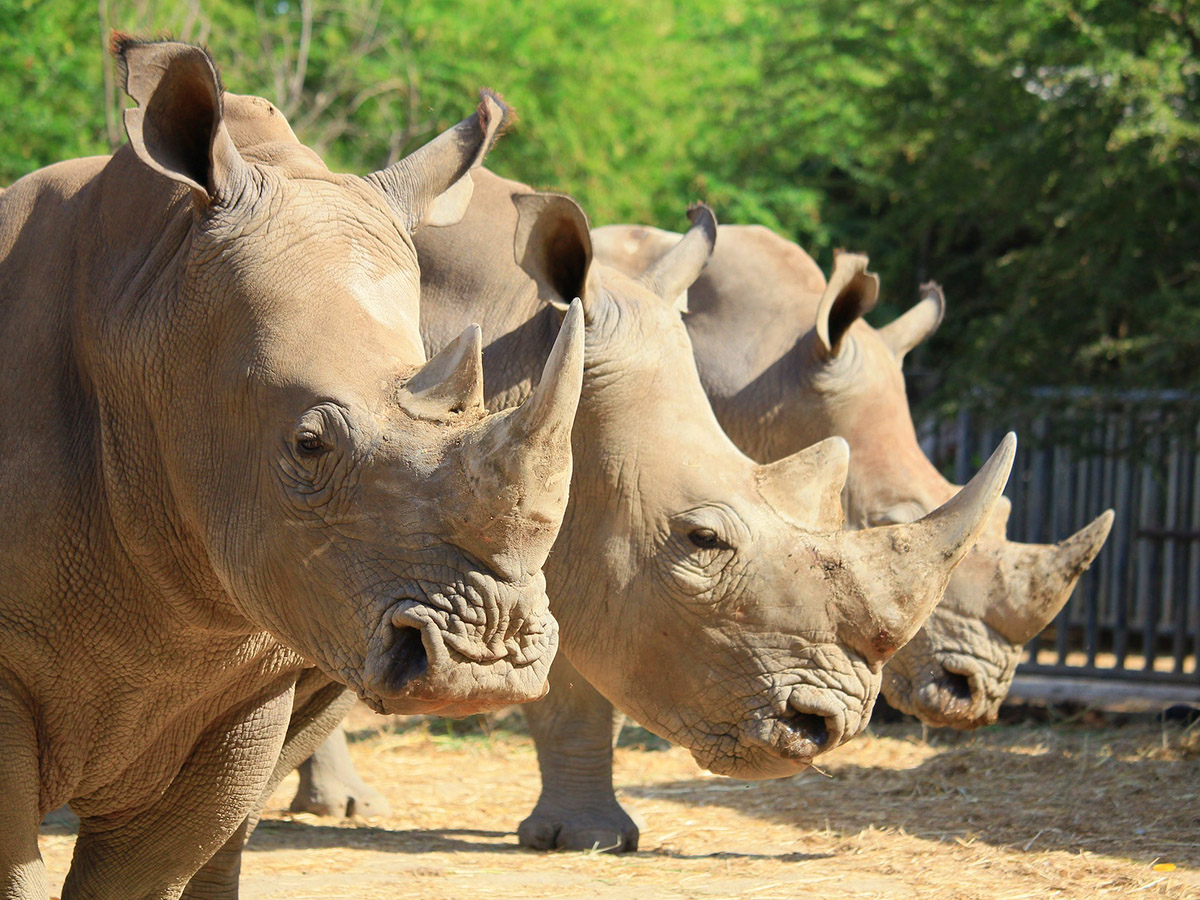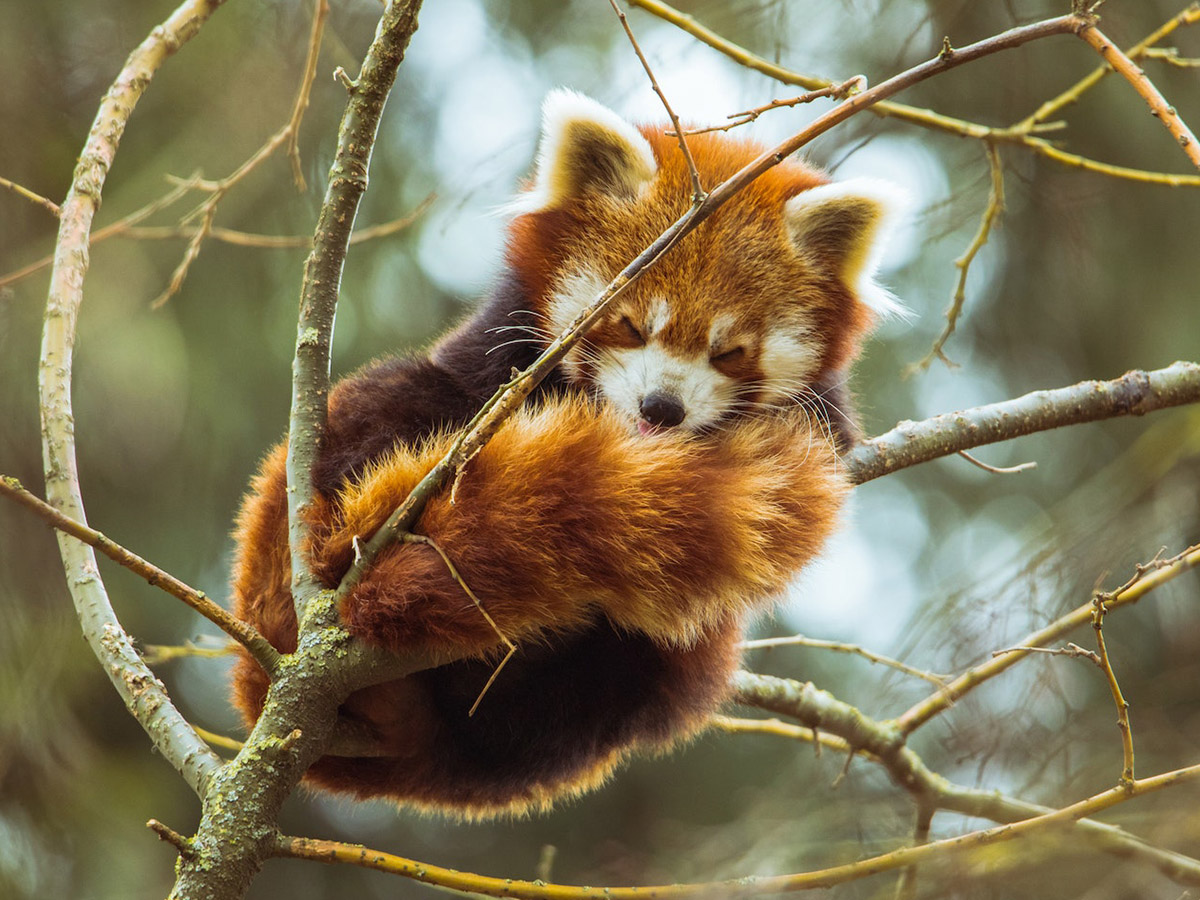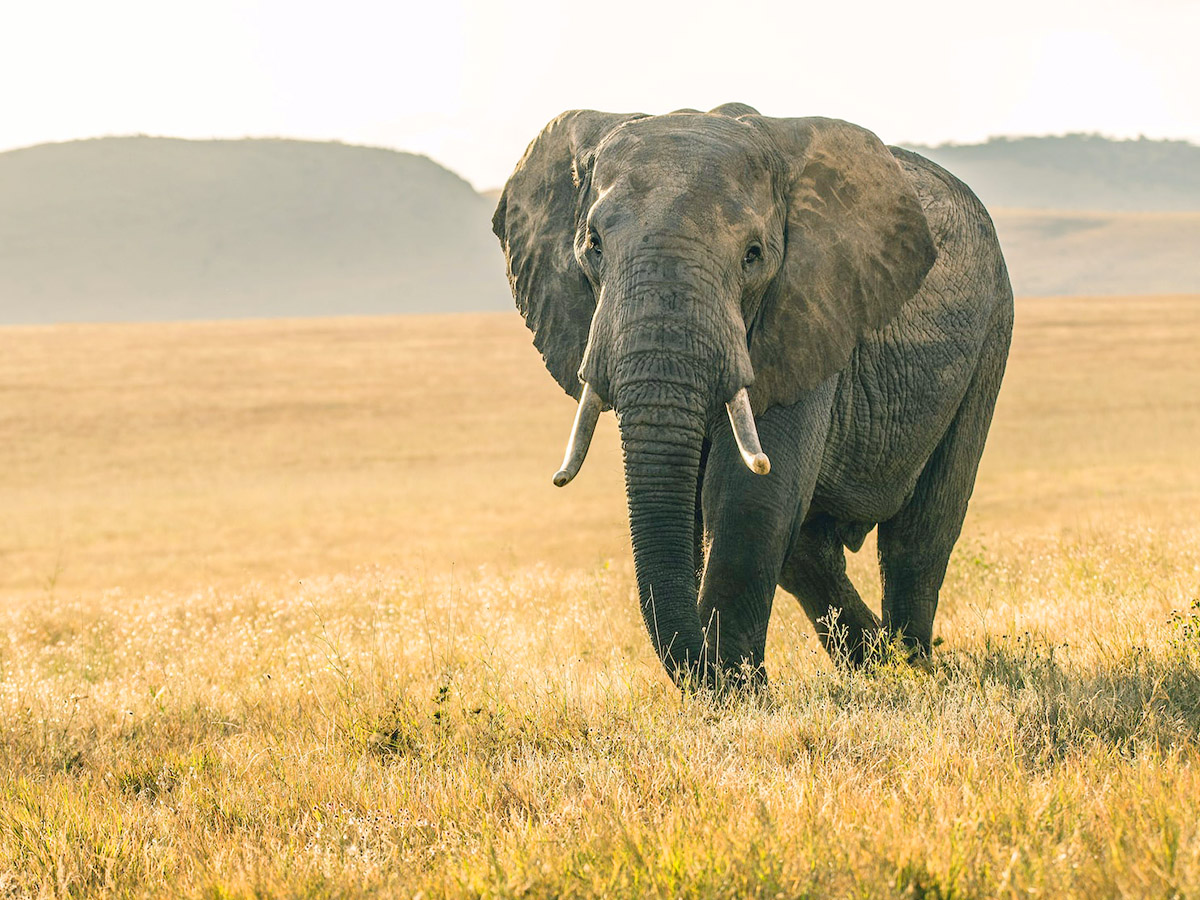Table of Contents
There are numerous ways to contribute to the world and make a difference, but when it comes to wildlife, supporting local rescues and protecting wildlife is one of the best. The article provides examples of how supporting your local wildlife rescue can provide many benefits like helping out baby birds or orphaned wildlife that have been displaced by natural disasters or dealing with animal cruelty cases.
What is a Wildlife Rescue?

Wildlife rescues are a critical part of the wildlife conservation movement. They help us to keep animals safe and out of harm’s way, and they also inspire people to take action to help protect wildlife.
There are many different types of wildlife rescues, but all of them share a few common goals. First and foremost, wildlife rescues try to return animals to their natural habitat as quickly as possible. They also work to educate the public about the importance of conserving wildlife, and they offer support and resources to those who want to learn more about how they can help protect wildlife.
If you’re interested in supporting a Wildlife Rescue, there are a few things you can do. First, you can donate money or materials. Wildlife rescues often need donations of food, water, toys, and other supplies. You can also volunteer your time or donate your skills. Many rescues have special needs that need to be filled, such as veterinary care or transportation. Finally, you can spread awareness about the work that wildlife rescues do by talking about it with your friends and family members. Every little bit helps!
The Difference Between A Wild Animal and a Domesticated Animal

As humans, we tend to think of wild animals as being more primitive and dangerous than domesticated animals. This is not always the case, of course; there are many different types of wild animals, each with its own unique set of characteristics and behaviors. In fact, some domesticated animals, such as dogs and cats, can be quite close to being considered wild creatures themselves!
The main difference between a wild animal and a domesticated animal is that a wild animal has not been bred or trained by humans to behave in a particular way. Instead, they have evolved over time to live in their specific environment – which may be very different from the environment in which we live. This means that they are typically more agile and able to hunt for food or defend themselves from predators in their natural environment.
On the other hand, domesticated animals have been bred or trained by humans for various purposes, such as farming livestock or working as service animals. Because they have been selectively bred for certain traits, many domesticated animals are not as agile or as strong as their wild counterparts. They also may not be able to survive in their natural environment very well – which can make them vulnerable to attack by predators.
Why You Should Support Native Wildlife Rescues

Wildlife rescues are critical to the survival of many animals in need. Not only do they provide temporary refuge and care for animals in need, but they also educate the public on the importance of conserving wildlife and help to promote responsible wildlife behavior. By supporting a local wildlife rescue, you are helping to ensure that these vital organizations continue to thrive.
Here are a few reasons why you should support local wildlife rescues:
-They Provide Temporary Refuge And Care For Animals In Need: Wildlife rescues provide temporary refuge and care for animals who would otherwise be at risk from cruelty or abuse. This can include animals who have been abandoned, lost, or stranded; those who have been injured or trapped in danger; and orphaned or displaced wildlife.
-They Educate The Public On The Importance Of Conserving Wildlife: Wildlife rescues work to educate the public on the importance of conserving wildlife. They work to raise awareness about the dangers posed to wild animals by human activity, and they advocate for responsible wildlife behavior. This can include educating people about how to properly feed, shelter, and protect wild animals from cruelty, as well as encouraging people not to purchase products made from wild animal parts.
Contact Wildlife Rescue in Your Local Area Today!
There are a few ways to find your local wildlife rescue. One way is to look online, where you can find websites that list wildlife rescues in different regions of the country. Another way to find a wildlife rescue is through word-of-mouth. If you know of someone who frequently interacts with animals, they may be able to recommend a wildlife rescue in your area. Lastly, some rescues have directories that list their locations and contact information.



